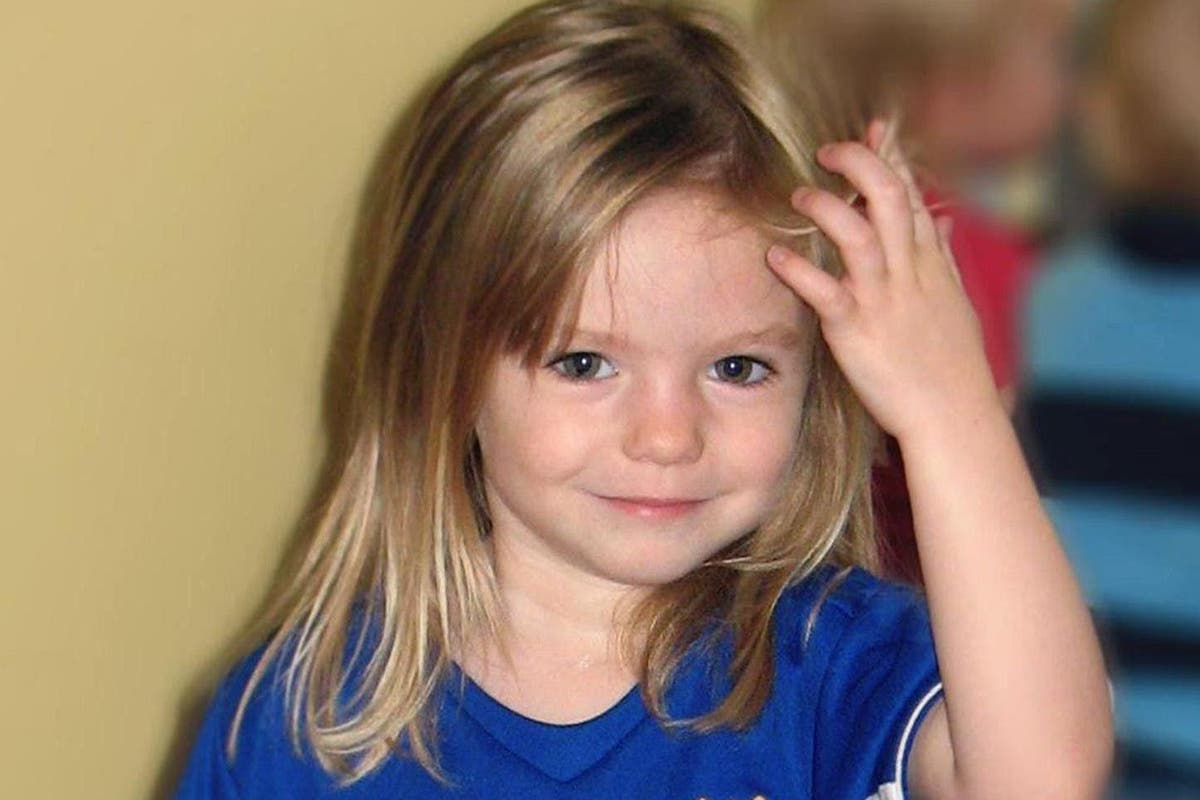The assertion that 47-year-old Christian Brueckner could be the prime suspect in the disappearance of Madeleine McCann, looks a little thinner this week, with his complete acquittal on five unrelated sexual offences – two of which involved children – following a trial that began nine months ago, in February this year.
Despite the huge amount of interest around Christian Brueckner’s past, the verdicts were no great surprise. They had been anticipated since July when the presiding Judge, Uta Inse Engemann, in the German regional court of Braunschweig had ruled that there was “no longer sufficient evidence of guilt for all of the charges”.
Brueckner remains in jail, serving the final months of a seven-year sentence for the rape of a 72-year-old American woman. That offence occurred in 2005, during a break-in at the woman’s home in the Portuguese coastal town of Praia da Luz – the same Algarve resort where Madeleine McCann disappeared two years later during a family holiday.
It is now four years since Brueckner was first named and identified as the “prime suspect” in the alleged abduction and murder of Madeleine, a few days before her 4th birthday, and longer still since he initially became a focus of investigation.
There has been intense media speculation about his links to the McCann case and these were heightened by reporting of the often lurid details during his latest trial. Engemann was alert to the risks of bias and the need to make a decision on the evidence alone.
She reportedly referred in her final remarks to the judges’ oath to serve the truth. “This oath means that we don’t have to cater to the views of the media and the table of regulars in a pub,” said Engemann.
“Everyone had heard about him in the Maddie McCann case. And they all knew that Brueckner since 2020 was always named by the public prosecutor’s office. When in the media a person is described as a sex monster and a pervert, then it influences the witness.”
Her comments brought to a close proceedings marked by sometimes ill-tempered exchanges between the prosecutor Lindemann and her court opponent, Brueckner’s defence lawyer, Friedrich Fulscher, who had complained of the prosecution tactics, attacking the judges and the defence team and being, as Fulscher put it, “particularly concerned with maximising damage” to the court and the trial.
The prosecutor had wanted a 15-year jail sentence for Brueckner. In the end, she got nothing, though there is still the opportunity for appeal.
You may think the judge was right to draw attention to the way the prosecution have sought to use the media to influence public opinion. During the BBC’s Panorama programme at the end of last year, with Brueckner’s new trial imminent, Hans Christian Wolters, the chief public prosecutor for Braunschweig, repeated his claim that “we think [Brueckner] was involved in the disappearance of Madeleine McCann and we think that he murdered Madeleine McCann.”
But if there is evidence to make such a public declaration, why hasn’t Brueckner ever been charged in Madeleine’s disappearance? And if there is no evidence, why has the prosecutor repeatedly asserted his belief in Brueckner’s guilt?
Brueckner is a German drifter with a long criminal history, including sexual offences against children. His latest trial concerned alleged incidents in Portugal, in or not far from Prai da Luz, between 2000 and 2017. There were three counts of rape and two of indecent assault against children. In one of the rapes the 20-year-old complainant’s attacker had worn a mask throughout and claimed she had recognised Brueckner, she said, by his eyes. There was evidence of a cell confession, and accounts of others who had stolen video tapes from Bruckner which they said they had watched, that depicted his attacks on two women. But the tapes were not available so the accounts could not be validated. One of the rape charges had been withdrawn before the final verdicts.
A psychiatrist, Dr Christian Riedeman, giving evidence for the prosecution, told the court that Brueckner was in “the absolute top league of dangerousness” to society and highly likely to reoffend on release. But it was then revealed the psychiatrist had not worked with or directly examined Brueckner, who had refused to see him.
Brueckner’s voice was the one missing from his trial – he never gave evidence, and only spoke once briefly at the end, when the judge asked him if he had anything he wanted to say: he was described as leaning forward and quietly stating, “no, I would not like to”.

There seems little doubt that Brueckner is a habitual and manipulative violent offender. His 2019 trial and conviction for the rape of the 72-year-old in Prai da Luz, made clear the elements of his sadistic pleasure in that offence.
But, to emphasise the current position, he has never been charged in Madeleine McCann’s case and his lawyer, Friedrich Fulscher spoke on Brueckner’s behalf to last year’s Panorama, complaining of his client facing “trial by media” in what Fulscher called one of the most famous cases in the world. The evidence against Brueckner was “flimsy”, he said, and “lacking in substance”. Brueckner himself has always denied any role in Madeleine’s abduction.
“Trial by media” has a familiar and discordant ring in this case. That is exactly what Gerry and Kate McCann were subjected to over 16 years ago by Portugal’s Policia Judiciaria (PJ) – the equivalent of the CID – who began leaking outlandish claims about them to the press before finally making them arguidos – suspects – in their own daughter’s disappearance.
The details are painfully familiar. On 3 May 2007, the McCanns were holidaying in apartment 5a at the Ocean Club, Praia da Luz on the Algarve coast of southern Portugal. Unusually, it was not a gated resort but open to the town. Madeleine, who would have celebrated her fourth birthday nine days later, was sharing the back bedroom overlooking the street.
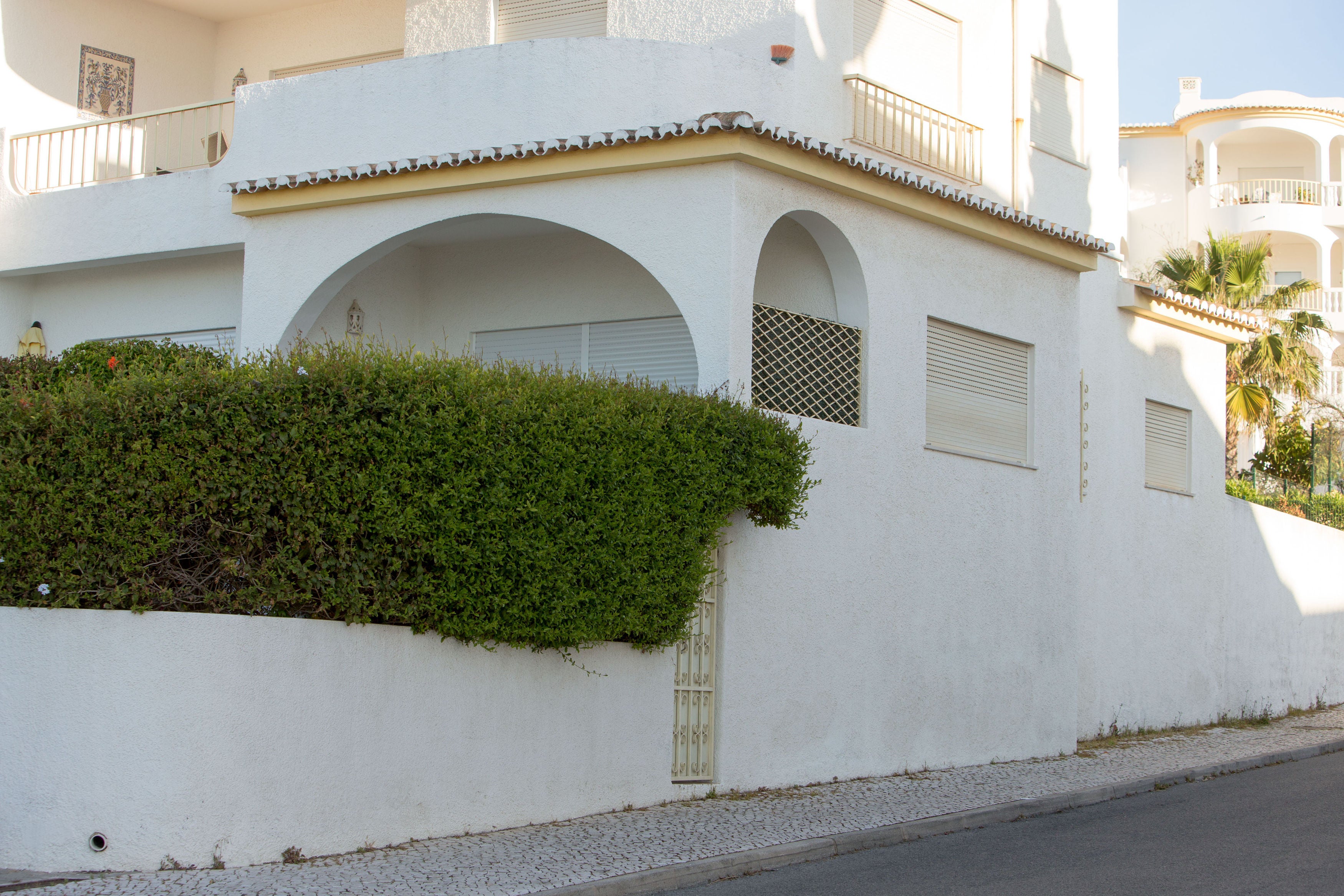
She was in one of two single beds, furthest from the window, her twin siblings (now 18) were in travel cots between the beds. While they slept, their parents were in the Tapas restaurant nearby with their friends. Madeleine disappeared in the 55 minutes between Gerry’s check at about 9.05pm and Kate’s visit at 10pm, when she discovered Madeleine was gone. One of their friends had checked about 9.30 but, agonisingly, could not be sure afterwards that Madeleine was in bed.
I went out to Praia da Luz in the summer of 2007 to report on the case and was there when it became apparent the McCanns were coming under suspicion. The events I witnessed transformed an investigation into a circus, as the world’s media turned its cameras on the McCanns arriving to be quizzed at PJ headquarters in Portimao. They had tragic and far-reaching consequences for the investigation of what had happened to Madeleine and for her parents.
As I reported at the time, the PJ – led by its misguided chief investigator Goncalo Amaral – had made a catastrophic misjudgement and “abandoned the abduction theory”, instead building an implausible case against Gerry and Kate McCann based on a misreading of DNA traces found in the boot of their car (which they had not hired until three weeks after the disappearance) and a pair of sniffer dogs brought over from the UK, whose “alerts” at the car and in the apartment were somehow – and wrongly – taken to be hard evidence.
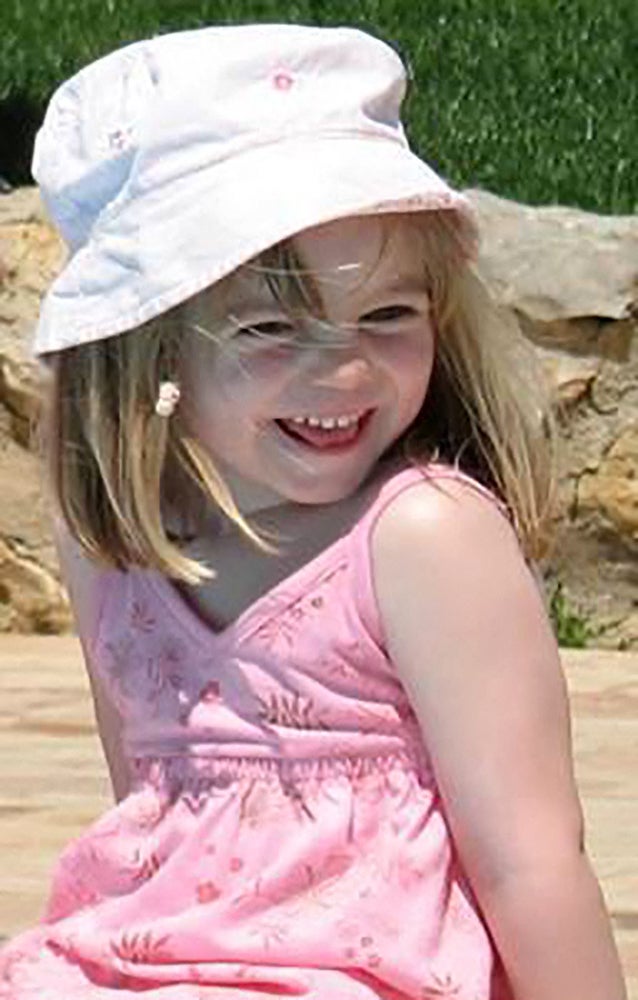
Based on these “facts”, a theory was concocted that the couple had accidentally overdosed Madeleine with a sedative, she had died in the apartment, and they had secretly disposed of her body. Bizarrely, they offered Kate McCann a deal during her interrogation: she could admit to the crime, serve two years in prison and Gerry would be free to go home. She of course declined.
They were both doctors, on holiday with a group of friends (”The Tapas 7”), how could they have carried out such an appalling crime? Had they hidden it all from their friends, or were the friends in on the conspiracy? It made no sense then and even less now.
As the press seized on PJ leaks of reported inconsistencies in their accounts, the findings of the dogs, the DNA etc, I was often a lone exception to the general assumption that the McCanns were guilty – a phenomenon that quickly spread from Portugal to the UK. I remember arguing with an editor about their supposed role in Madeleine’s “death”. “But what about the dogs, David? The dogs don’t lie.” But they did “lie”.
The McCanns returned to England bound by “judicial secrecy” – an official code of silence – which evidently did not apply to the Portuguese side who had leaked so much, including the names and contact details of all the McCanns’ holiday group to a friendly Portuguese reporter. “The secrecy code is like the speed limit,” a local journalist told me, “Everyone knows it but no one keeps to it.”
Soon after their return, at their invitation, I travelled to the McCanns’ home in Rothley, Leicestershire, and went to the pub with Gerry McCann where we sat in a quiet corner and broke the secrecy code while he “briefed” me for two or three hours on what had really happened that night.
He took my notebook and drew a plan of the apartment showing the location and layout of the children’s bedroom and how the abductor could have gone in and out unnoticed. If people recognised him in the pub they left Gerry alone. His stress was evident but he wanted to talk and afterwards took me home where I waited in the kitchen for a taxi. Madeleine’s star chart for going to sleep well at night was pinned to the fridge.
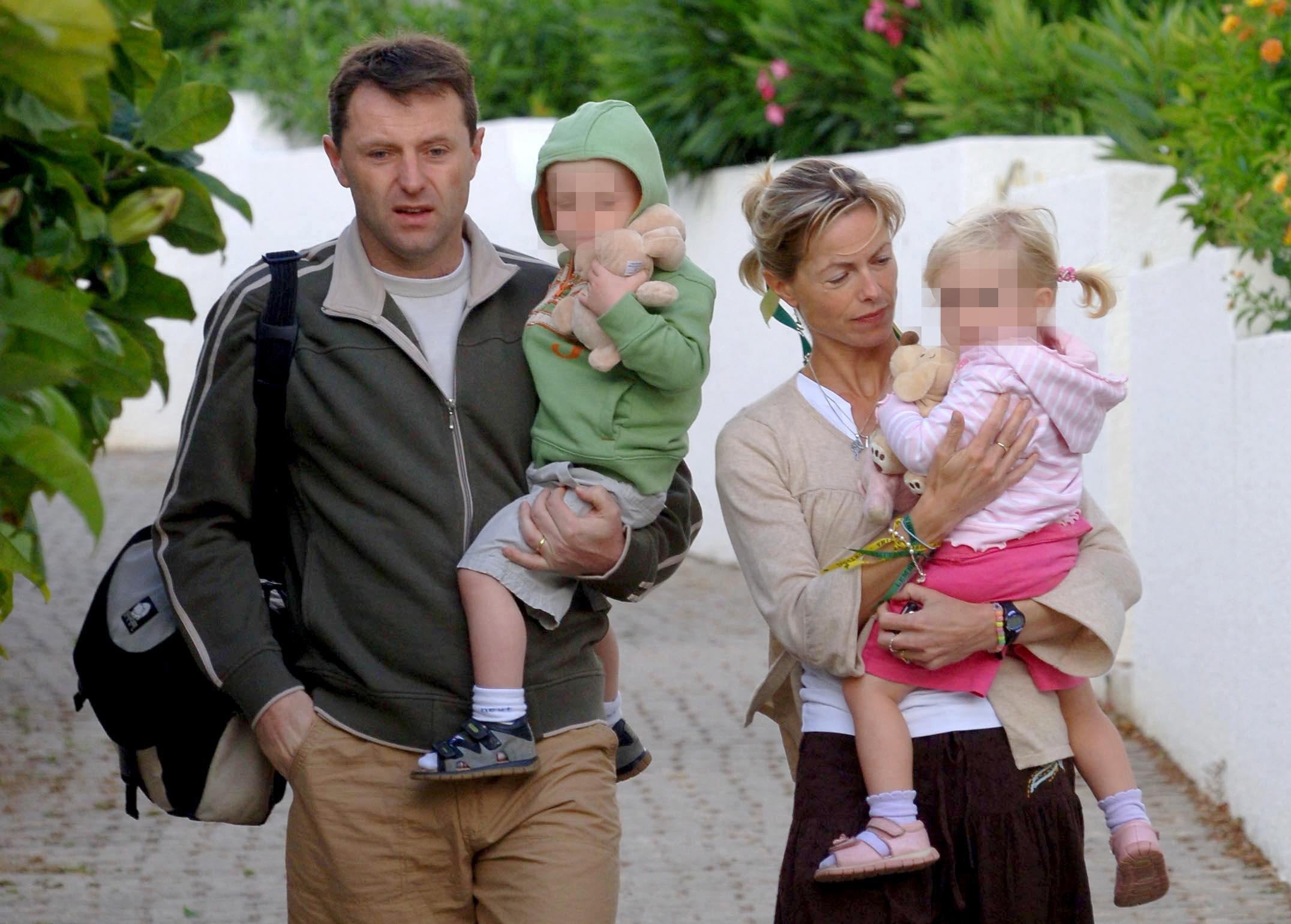
Speaking up for the McCanns exposed me to a little of what they have been going through ever since in terms of trolling on the internet and social media. I was called a McCann “shill”, doing the couple’s “bidding”, and mocked for supposedly being a gullible investigative journalist. I described those people at the time as web ghouls, feasting on the misery of the McCann family while largely hiding behind anonymity on Twitter/X and elsewhere. In one very sad case, a woman, Brenda Leyland, revealed by Sky News as the real person behind the anonymous McCann troll Sweepyface on Twitter, took her own life. She had posted hundreds of messages attacking and accusing the McCanns. She was not the worst, by far.
Even though the McCanns were officially released from arguido status by the PJ in 2008 when it closed its investigation, the trolls have never let up. They were back out in force whenever they are back in the news – #mccann – comparing Gerry McCann to child murderers and so on. The couple have shown extraordinary resilience in all the circumstances, no doubt focused on raising Madeleine’s siblings, Amelie and Sean. Amelie attended a vigil this year on the anniversary of her sister’s disappearance.
There was never any doubt in my mind that this was a case of – as the jargon goes – stranger or non-familial child abduction and nothing to do with the parents. The McCanns, as I saw them, were then functioning at the limits of human endurance; their gaunt, strained faces speaking to a world of loss and no doubt guilt at not being there to protect their child.
They have always clung to the hope that, in the absence of any evidence to the contrary, Madeleine could still be alive. As Gerry told Crimewatch during an increasingly rare public appearance in 2013, there are cases where abducted children are kept alive. No doubt he was thinking of Natascha Kampusch, among others, who escaped her abductor in 2006 –aged 18 – after being held captive in Austria for eight years.
Stranger abductions of children are very rare. They can be opportunistic and the openness of the Ocean Club could have presented the opportunity to a watchful predator, who may have observed the family’s routine and the vulnerability of their corner apartment. This week’s Panorama referenced sightings of a so-called “spotty man” and recreated scenes of him watching their accommodation.
An offender profile might well focus on local drifters, with a history of sexual offences. If only a police inquiry had dwelt on this from the beginning.
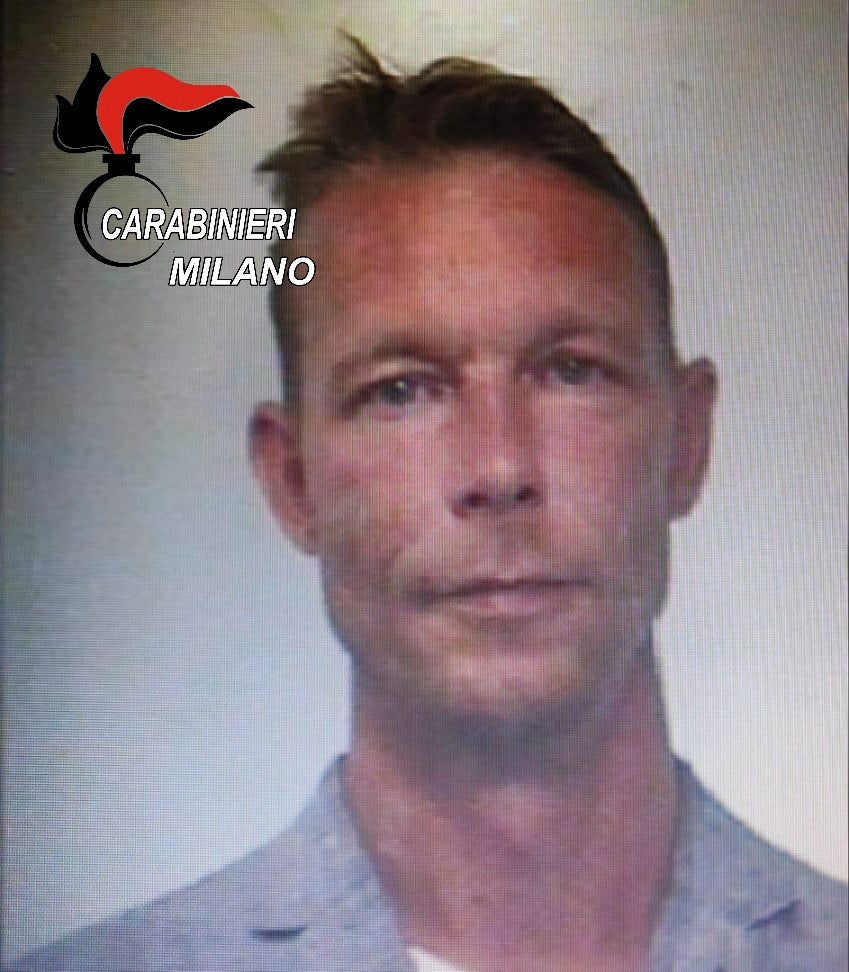
The Met Police took up the case in 2011, its Operation Grange starting from scratch and their briefings spoke of patterns of increased burglaries in Praia da Luz in the months before the McCanns arrived, and unsolved sightings of men in the vicinity before and after the disappearance. It has been reported that Christian Brueckner’s name was buried in the case files and that the PJ had made some cursory attempt to track him down before he came to the Met as a tip and they passed it onto the German authorities who opened their own investigation.
The PJ also reopened an investigation and travelled to the UK where they reportedly provided an update to Gerry McCann. Panorama said they had apologised to the McCanns for the harm its original investigation had caused. No sooner had the apology been disclosed than the truth of it was being disputed on Twitter/X.
It is certainly true that Brueckner fits what you could imagine a guilty profile would look like. He committed his first sexual offence against a child when he was still a child himself, aged 16. He appears to have been an active criminal for most of his adult life, drifting back and forth between Germany and Portugal, living in the very resort, Praia da Luz where Madeleine was taken, at the time of her abduction.
It was there in 2005 that he raped the 72-year-old woman. Searches have yielded a buried USB stick containing child pornography and he is said to have been on the phone near the Ocean Club around the time of Madeleine’s disappearance. He changed the registration of a car soon after and went on to commit other offences in Portugal and Germany.
But, as the acquittals in his latest trial show, it is a dangerous game, to assume guilt, to try and fit the suspect to the crime. That’s how miscarriages of justice occur. It is evidence that matters and answers that Gerry and Kate McCann hope for and, you may think, earnestly deserve. No doubt they are among the very many people waiting to see what will happen with Brueckner, and if the prosecutor Hans Christian Wolters will ever make the case against him in court – and not just in the media.

